"..the ambassador of Flora itself, bringing us the treasures from foreign worlds.."
[Carl Linnaeus about his friend NJ van Jacquin]
[Carl Linnaeus about his friend NJ van Jacquin]
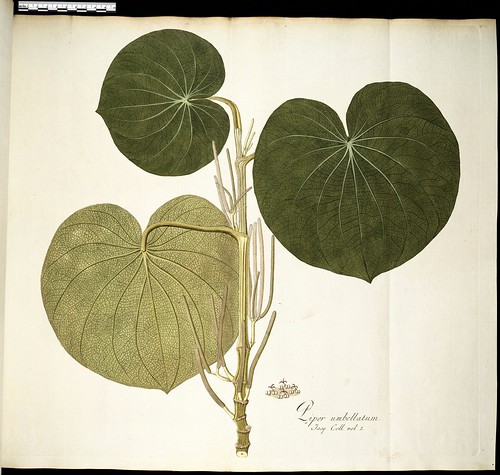
Piper umbellatum
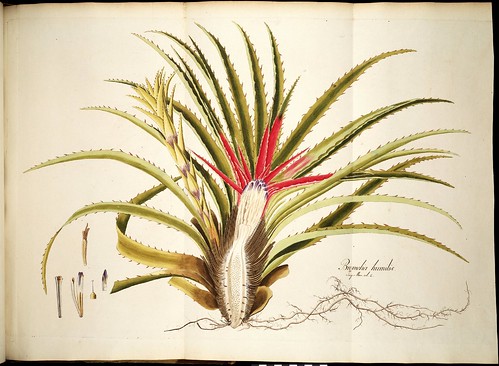
Bromelia humilis
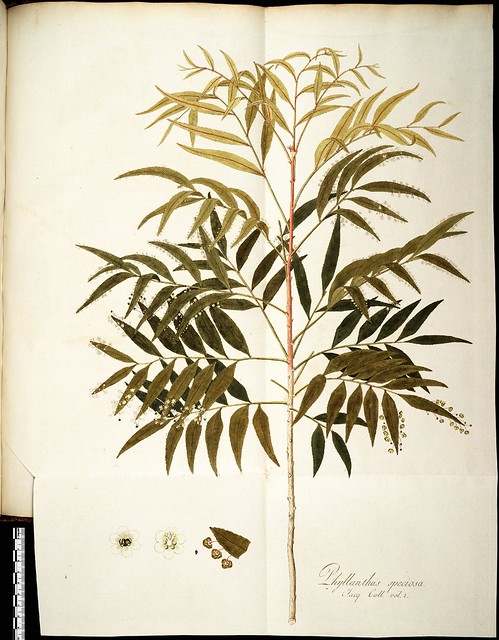
Phyllanthus speciosa
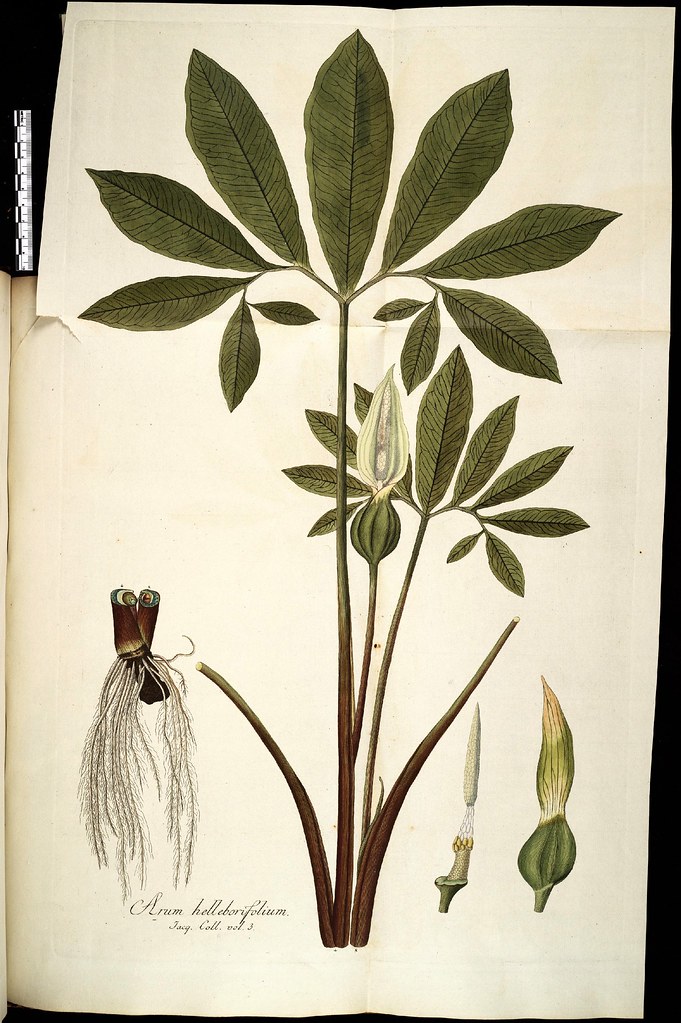
Arum helleoborifolium
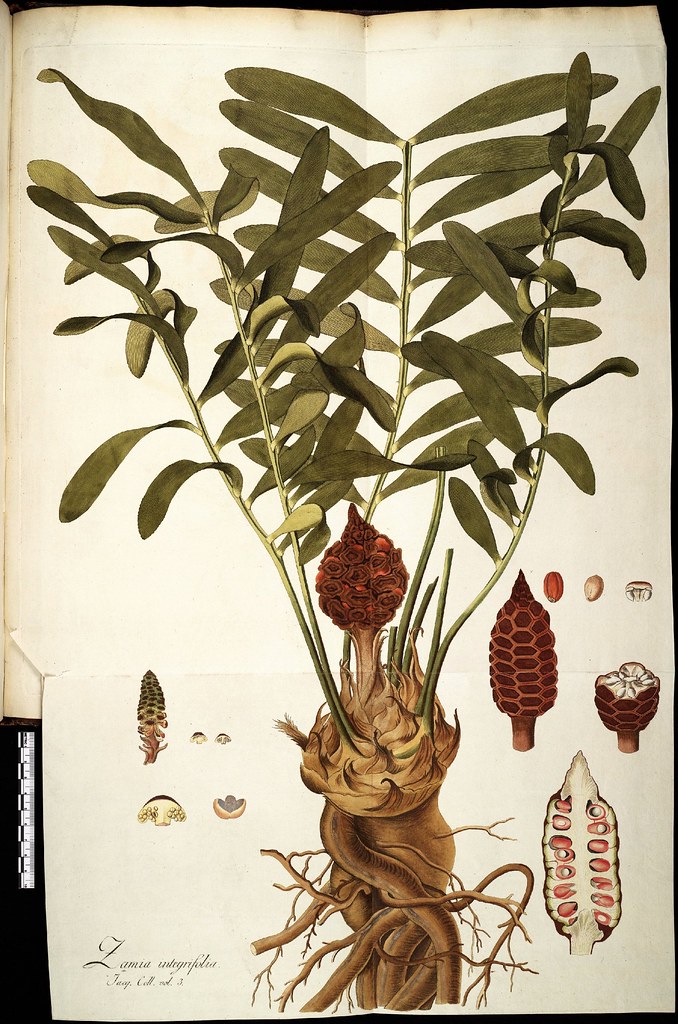
Zamia integrifolia
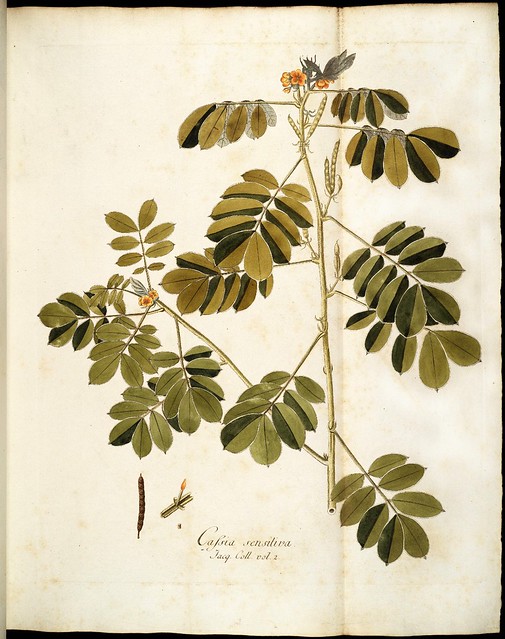
Cassia sensitiva

Ornithogalum caudatum

Hedysarum pictum

Dioscorea triphylla
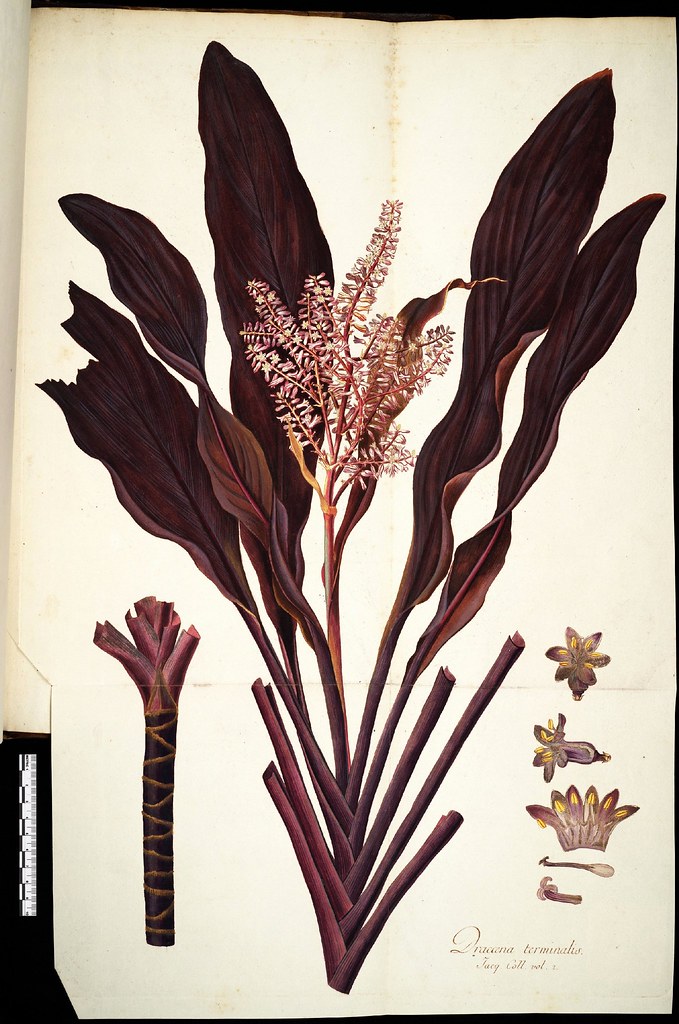
Dracaena terminalis

Zamia angustifolia
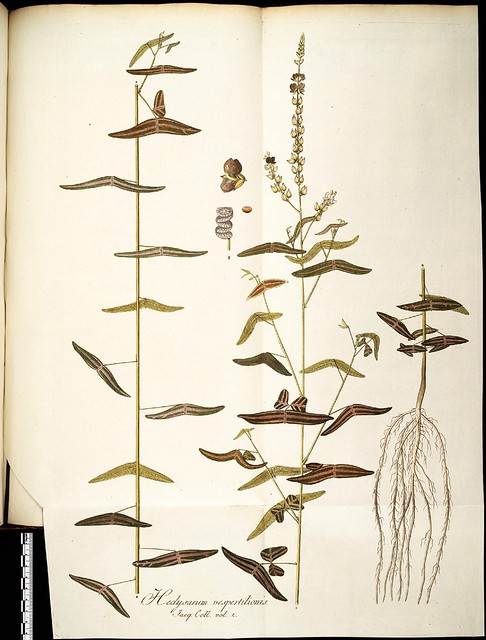
Hedysarum vespertilionis
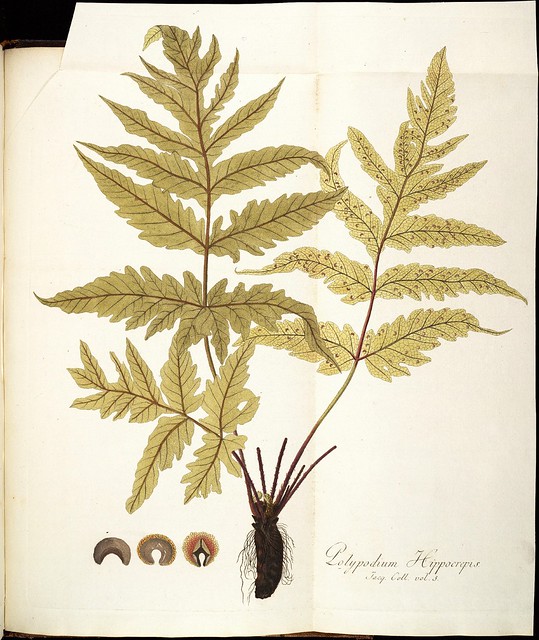
Polypodium hippocrepis
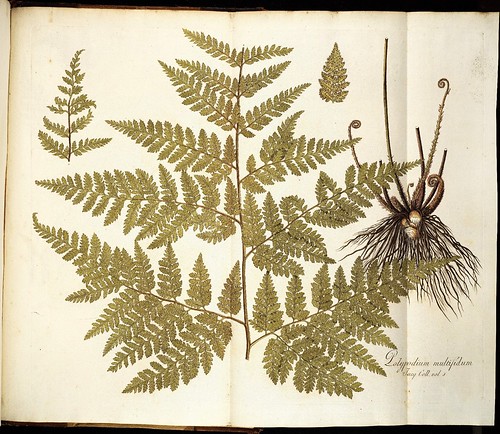
Polypodium multifidum
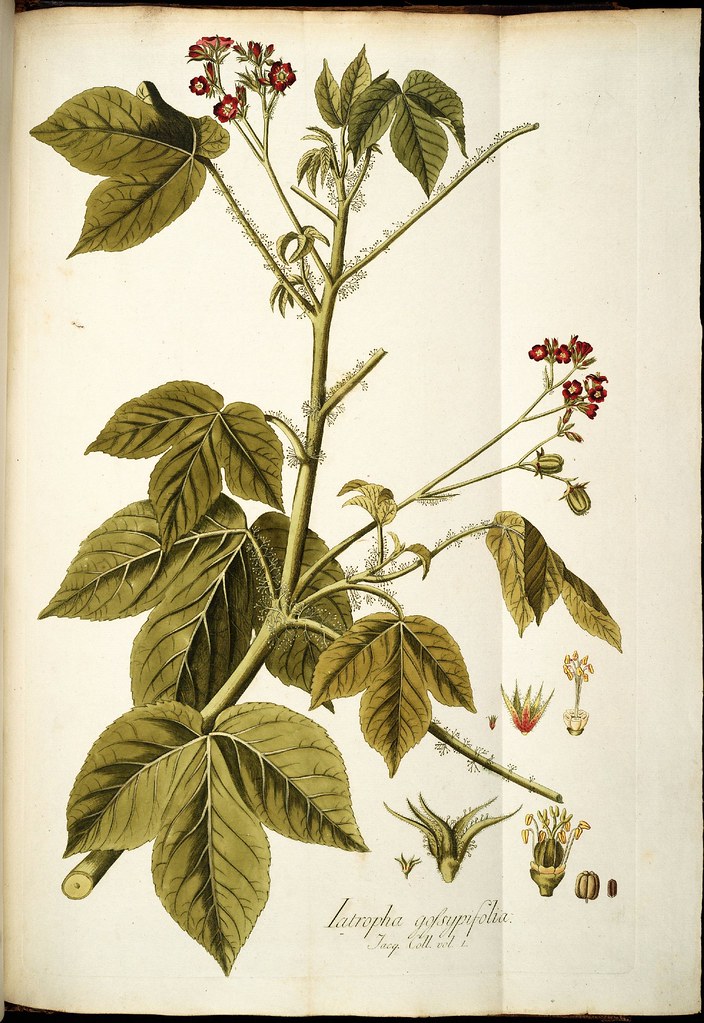
Iatropha gossypifolia
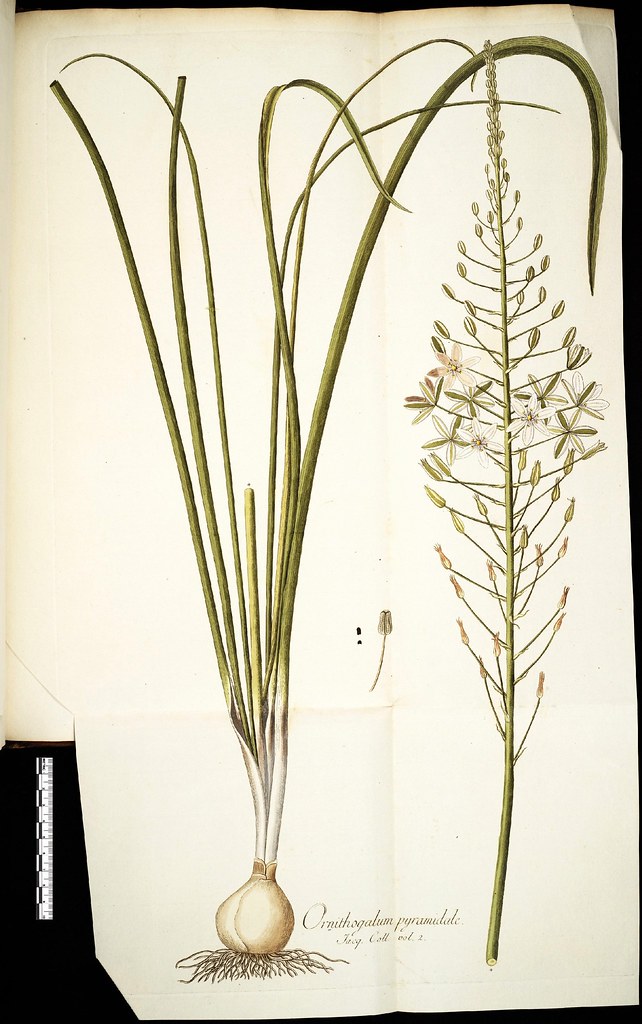
Ornithogalum pyramidale
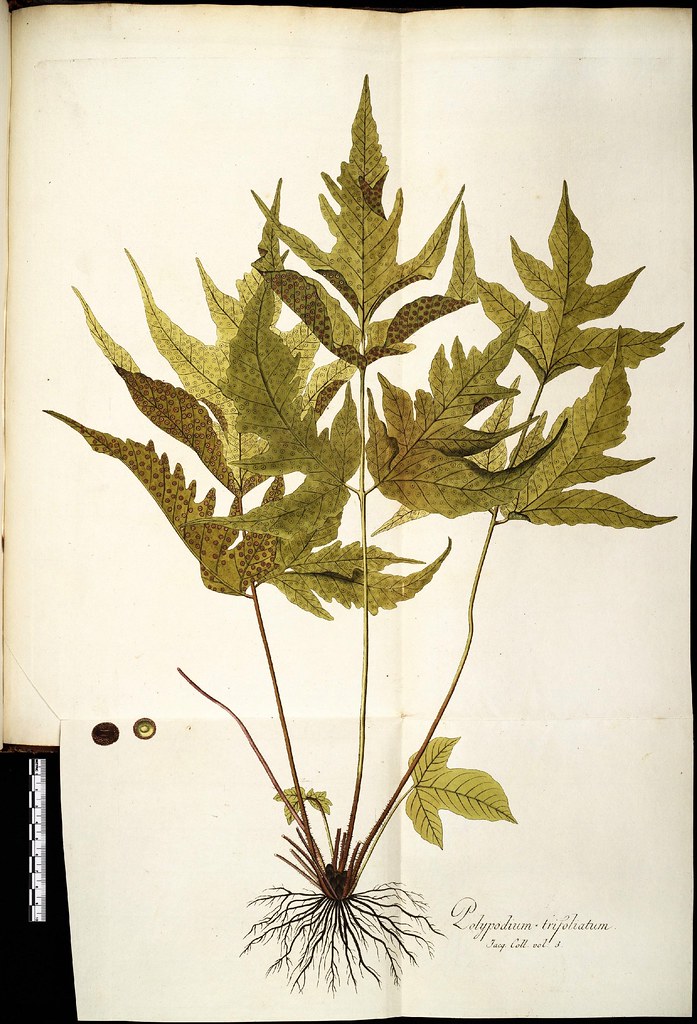
Polyplodium trifoliatum
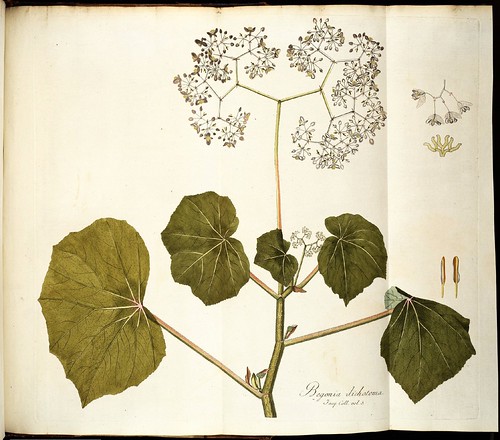
Begonia dichotoma

Dioscorea villosa
Nikolaus Joseph (van) Jacquin (1727-1817) was a Dutch scientist who studied medicine, chemistry and botany in Leiden, Paris and, most notably, Vienna. As a regular visitor to the gardens at Schönbrunn Palace* in Vienna, Jacquin met the Holy Roman Emperor Francis I and was invited to accompany a botanical collecting voyage to the Caribbean and Central America in the 1750s.
The four year expedition gave rise to Jacquin's first botanical publication and brought him to the attention of the great Carl Linnaeus*, who became a life-long correspondent and friend of Jacquin. Linnaeus commented about that first Jacquin publication ['Enumeratio Systematica Plantarum' (1760)] on West Indian plants:
"I have seldom seen such a small booklet so rich in golden knowledge. I read it during the evening and could not sleep at night because I dreamed of your beautiful plants."Professorships in geology, chemistry and biology at various institutions followed and a generous pension allowed Jacquin the freedom to pursue a career publishing illustrated botanical folios. These works shared Jacquin's sense of scientific fidelity in which specimens were reproduced, as we see above, without the ostentatious embellishment one often meets in 18th century botanical books.
The images displayed here were chosen because they are all over-sized fold-outs from a massive three volume series published in Vienna between 1781 and 1793. 'Icones Plantarum Rariorum' features nearly six hundred and fifty (!) hand-coloured engravings that had begun life as a supplement to earlier releases on Viennese and Austrian botany.
Although Jacquin was an accomplished scientific illustrator himself, other duties meant that his detailed and precise instructions were carried out by hired artists: the Bauer brothers, Joseph Scharf and Joseph Hofbauer. The plate quality varies at times, but the vast majority of the illustration work is excellent. I would happily put this at the top of my 18th century florilegium Christmas shopping list.
The three volumes of 'Icones Plantarum Rariorum' are available from the Botanicus website. The list of illustrated species can be more easily seen at the old Missouri Botanical Gardens sites: volumes ONE, TWO & THREE.
Jacquin biographies: Botanicus, Wikipedia.
Jacquin previously: Fragmenta Botanica [and]. And in general: flora.
{I will be adding a further selection of images to the flickr set later this week [DONE!]}
[Follow BibliOdyssey at Twitter]
Tidak ada komentar:
Posting Komentar